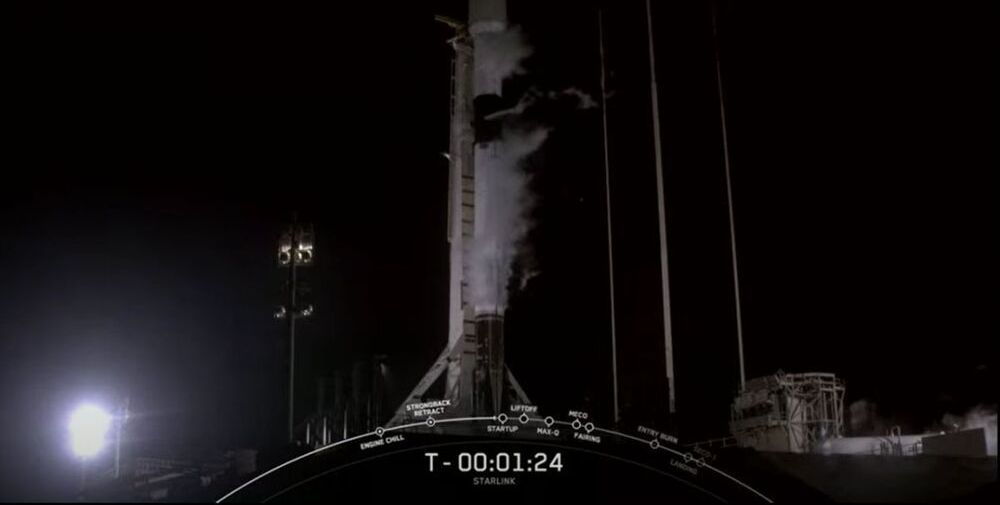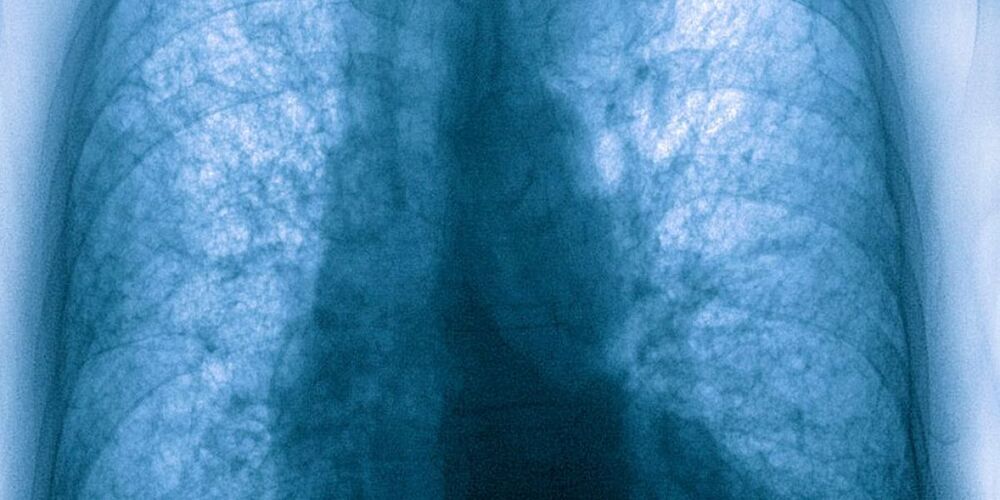The 15-member commission calls a $40 billion investment to expand and democratize AI research and development a “modest down payment for future breakthroughs,” and encourages an attitude toward investment in innovation from policymakers akin that which led to building the interstate highway system in the 1950s. Ultimately, the group envisions hundreds of billions of dollars of spending on AI by the federal government in the coming years.
The National Security Commission on AI report makes recommendations ranging from 5G and China to immigration policy and civil rights.






